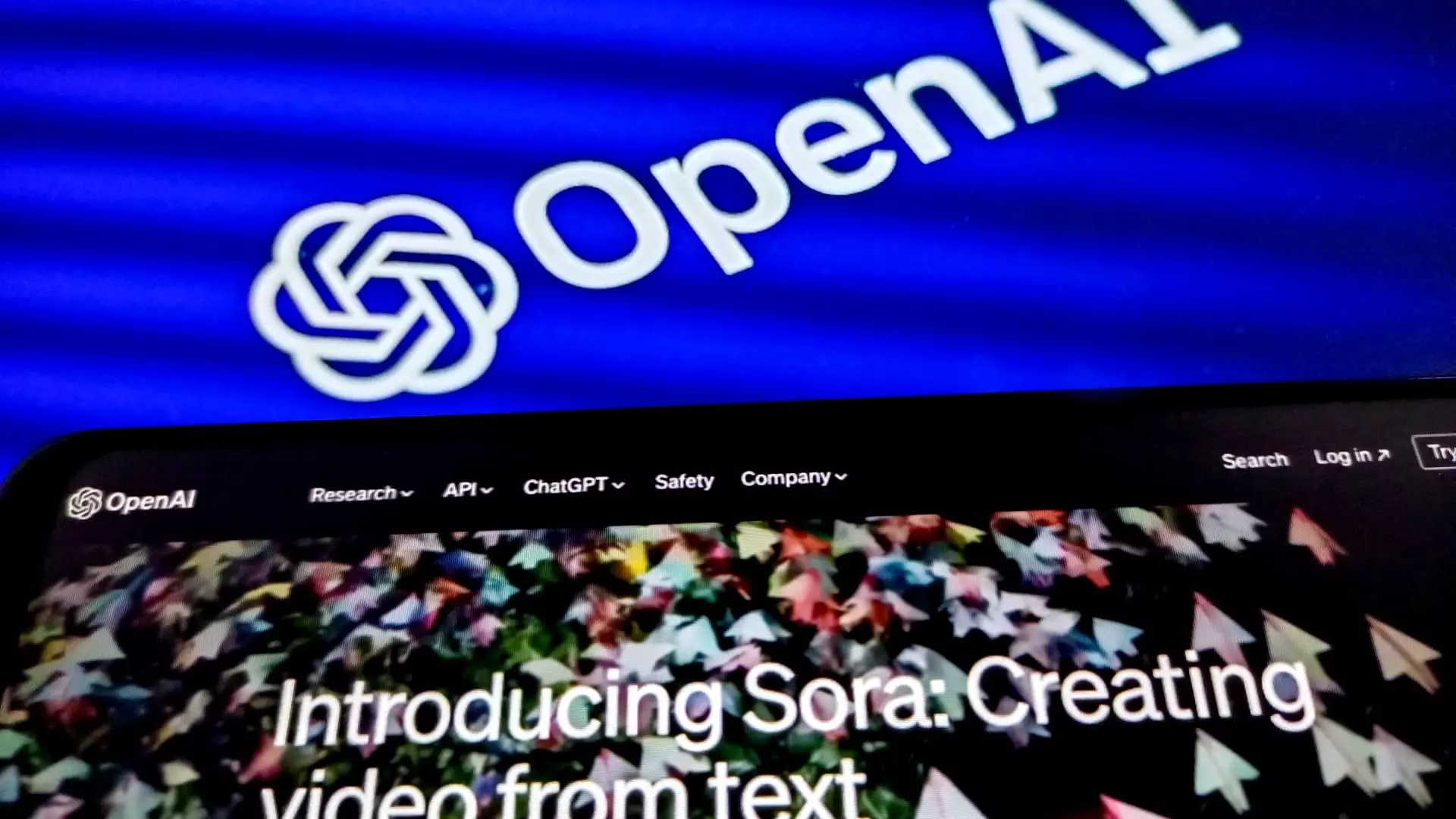In the ever-changing landscape of technology, few sectors have garnered as much investor enthusiasm as artificial intelligence (AI). As innovation drives business strategies forward, the financial backing behind these technologies has equally evolved. Recent trends have shown that sovereign wealth funds from Middle Eastern countries are now playing a crucial role in shaping the future of Silicon Valley’s AI startups. Nations like Saudi Arabia, the United Arab Emirates (UAE), Kuwait, and Qatar are not only rich in oil but are also strategically diversifying their economic portfolios. This shift positions them as formidable players in tech investments, especially in the competitive arena of AI.
The unprecedented growth in funding from Middle Eastern sovereign wealth funds has been remarkable; recent reports indicate a fivefold increase in AI investments over the past year alone. This surge is not coincidental. With increased oil revenues providing substantial financial resources, these nations are proactively seeking avenues that promise sustainable development and innovation outside oil dependency. Additionally, partnerships with established global firms point towards a strategic move to consolidate their foothold in the burgeoning AI landscape.
Among the noteworthy developments is the emergence of MGX, a newly established AI fund from the UAE. Vesting interest in notable companies such as OpenAI illustrates the aggressive strategies adopted by these funds to secure positions in high-value ventures. OpenAI’s latest fundraising round, which is expected to elevate its valuation to a staggering $150 billion, exemplifies the scale and ambition of investments being contemplated. Traditional venture capital outfits often lack the capacity to match the multibillion-dollar stakes that Middle Eastern sovereign funds are willing to invest. This financial muscle enables them to deepen their engagements in promising AI projects effectively.
Saudi Arabia’s Public Investment Fund (PIF), with assets exceeding $925 billion, stands at the forefront of this diversification strategy under Crown Prince Mohammed bin Salman’s “Vision 2030.” The PIF’s aggressive investment portfolio now encompasses sectors as varied as transportation, sports, and technology, revealing a multifaceted approach to national economic transformation. Similarly, the UAE’s Mubadala Investment Company is managing assets worth around $302 billion and is becoming increasingly prominent through multiple AI deals, including investments in AI competitors like Anthropic.
The ambitious initiatives do not stop there. Recently, MGX’s collaboration with BlackRock, Microsoft, and Global Infrastructure Partners to develop AI infrastructure signifies an important trend. This partnership aims to raise approximately $100 billion for needed data centers, showcasing a commitment to not only investing in existing technologies but also developing the necessary architecture to support these innovations. UAE sovereign wealth funds demonstrate a willingness to partner with major global players, solidifying their status in the international investment arena.
However, these funding initiatives often come with caveats. The personal and geopolitical implications of partnerships with certain nations have prompted criticism and concern, particularly around human rights records. The Saudi PIF, engaged with firms like Andreessen Horowitz and its own AI fund—Saudi Company for Artificial Intelligence (SCAI)—has faced skepticism from potential Western partners wary of past incidents, such as the high-profile murder of journalist Jamal Khashoggi, which has cast a long shadow on Saudi Arabia’s global perception.
Despite these challenges, the influx of capital from Middle Eastern sovereign funds into AI has significant implications for Silicon Valley. There is increasing concern among existing investors that this flood of wealth might replicate the “SoftBank effect,” which refers to inflated valuations resulting from considerable investments in companies such as Uber and WeWork. The experience of these firms serves as a cautionary tale; while rapid growth is alluring, instability can lead to catastrophic results, as highlighted by WeWork’s fall from grace.
Nevertheless, this influx is also seen as a boon for the U.S. economy as it fulfills a geopolitical strategy to channel foreign investment into American companies rather than rivals like China. Jared Cohen of Goldman Sachs Global Institute emphasizes the advantages of this capital for the U.S. market, highlighting that a surge in diversified investments can lead to innovation while maintaining a competitive edge in the tech landscape.
Middle Eastern sovereign wealth funds are dynamically reshaping the narrative surrounding AI investments in Silicon Valley. While this financial tidal wave presents unparalleled opportunities for growth and partnerships, it also prompts critical discussions about ethics, governance, and the long-term impact on both local and global economies. How these nations balance investment prowess with societal scrutiny will be crucial as they position themselves as key players in the future of technology.

